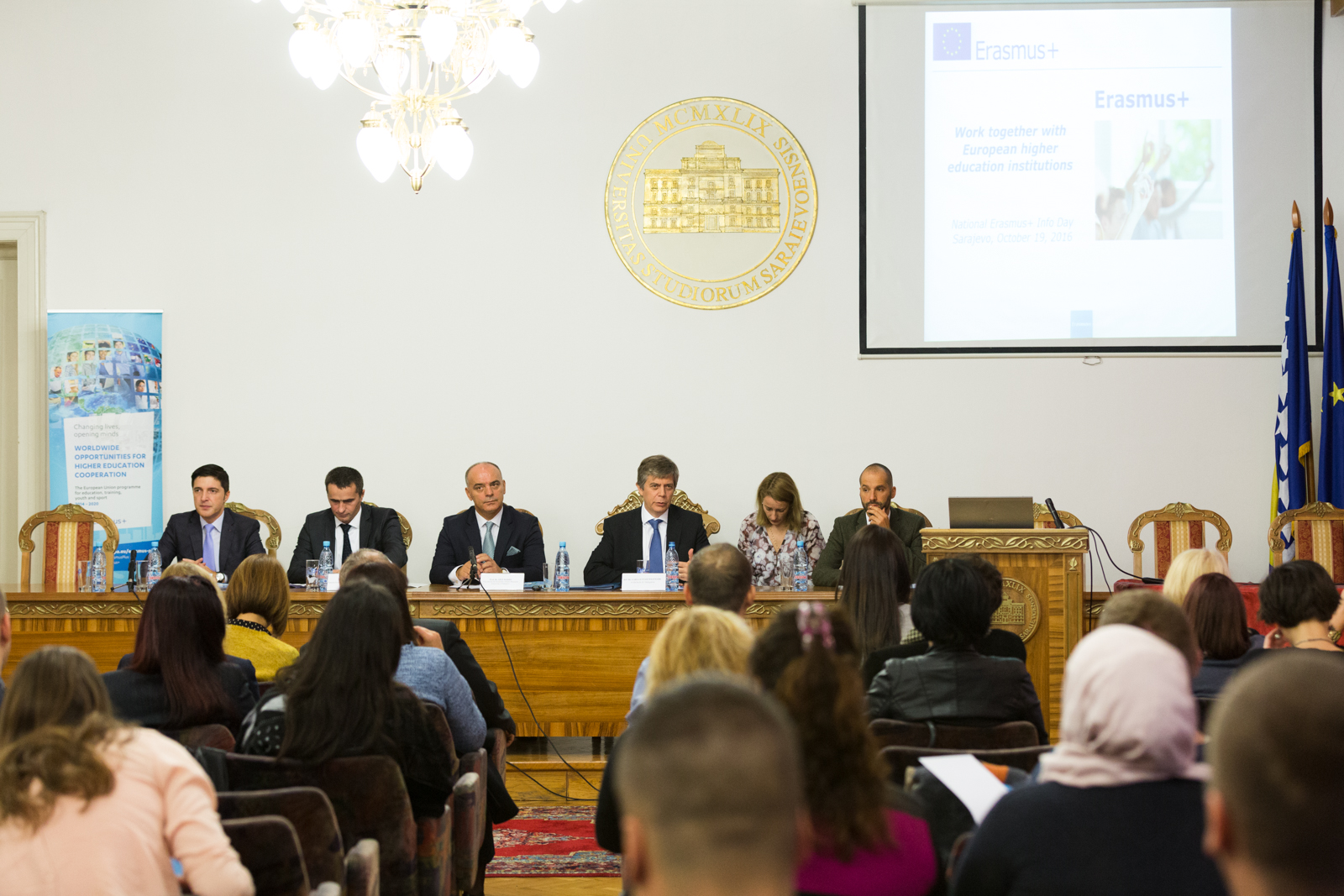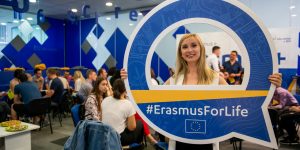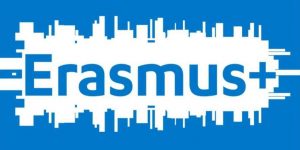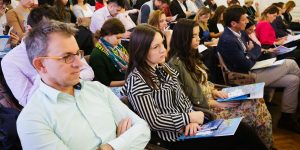“Everything is about education, as without quality education no society can progress. We support BiH on its European path and therefore an investment in education is very important”, said Head of the EU Delegation and the EU Special Representative in BiH, Ambassador Lars-Gunnar Wigemark during the National Erasmus+ Information Day in Bosnia and Herzegovina on Wednesday, 19 October 2016.
The event was organised in order to promote opportunities within the Erasmus+ programme, with special emphasis on presentation of the new Calls for Proposals in the area of higher education, including: capacity building for higher education, international credit mobility, joint master degrees, Jean Monnet activities, and other relevant opportunities in the area of higher education.
Suad Muhibić, Head of the National Erasmus+ Office in BiH commended the efforts of higher education institutions in BiH within the Erasmus+ programme.
“BiH educational institutions are currently implementing 17 capacity building projects, and we are particularly happy that two proposals from BiH were accepted within the Jean Monnet component of Erasmus+ in the second call last year. The next call will be published in November and we are expecting even a greater involvement of the respective institutions”, Muhibić said.
Speaking about the results achieved during the previous two years, Ambassador Wigemark emphasised the fact that apart from the capacity building projects implemented in BiH, more than 400 students from BiH studied in the EU while around 200 EU students came to BiH for a study visit.
Paul Butcher, student from Scotland enrolled in the University of Graz, is currently on the student exchange programme at the University of Sarajevo within the Erasmus+ credit mobility component and finds the programme perfect for his academic and personal development.
“I’m enrolled in the Southeast European Studies Department at the University of Graz and the opportunity to live and study in Sarajevo was as it was tailor-made for me since my focus is Bosnia and Herzegovina under the Austro-Hungarian Empire”, Paul explained.
Dejan Zonjić, student of Economics at the University of Sarajevo who has taken part in the Erasmus + credit mobility in Portugal is excited to apply the acquired knowledge in his country.
“Besides the academic side I’ve had an opportunity to learn how the wine industry in Portugal functions and it motivated me to apply for a MA degree programme to learn even more about the topic”, Zonjic concluded.
Erasmus+ is the EU programme for education, training, youth and sport. Erasmus+ started on 1 January 2014 and replaces current funding programmes run by the European Commission in the area of education, training, youth and sport, including the Lifelong Learning Programme (Erasmus, Comenius, Leonardo, Grundtvig and Transversal), Youth in Action and other international programmes including Jean Monnet and Erasmus Mundus. The Erasmus+ programme runs from 2014-2020 and supports activities in education, training, youth and sport across all sectors of lifelong learning including higher education, further education, adult education, schools and youth activities.




